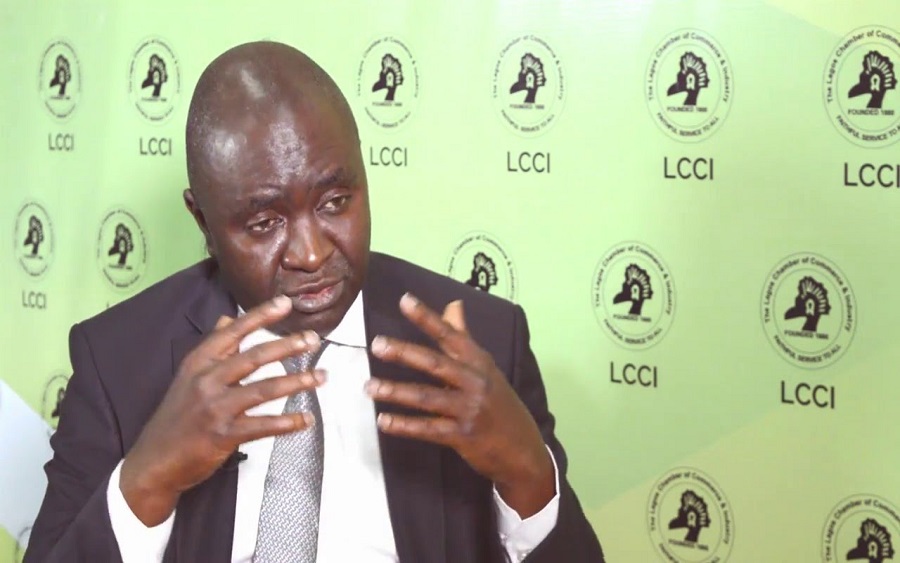The Lagos Chamber of Commerce and Industry (LCCI) published a report on its recently conducted COVID-19 Impact Report Survey. According to the report, about 81.0% of sampled Nigerian businesses were severely affected by the lockdown measures implemented by the Federal Government (FG). A further 17% stated that the measures had a moderate impact on their businesses. This implies a marginal 2.0% had their businesses functioning normally. We note the survey sampled Lagos-based businesses considering the “commercial and economic importance of the state to Nigeria”. Across sectors, the survey covered Food Processing, Agriculture, Financial Servies, Professional Services, ICT, Exports, Trade, and Freight forwarding.
Furthermore, the report stated that businesses with a focus on non-essential services faced significantly lower demand as consumers prioritised purchase of food and essential items. In a bid to mitigate the impact of COVID-19 on businesses, LCCI demanded that the Federal Government should grant a 1-year tax relief and also suspend the implementation of the new VAT regime for the rest of the year. These incentives were specifically requested for businesses in Healthcare & Pharmaceuticals, Airlines, Manufacturers, Agro-Processors, Hospitality as well as SMEs.
READ ALSO: How COVID-19 has hit the advertising and entertainment industries – Effiong
In our view, the LCCI report further affirms the impact of the pandemic on the business community. Prior to the gradual easing of the lockdown measures, economic activities were grounded. The last PMI data (March 2020) showed the Manufacturing sector PMI was down to 51.1points while Non-Manufacturing PMI dipped to 49.2points. Data for April has not been made available by the CBN which makes it difficult to assess the degree of weakness in economic activities in April (the full month of lockdown). With consumer and business confidence expected to remain very weak, we anticipate aggregate spending would remain underwhelming.
Though the Federal Government and CBN have announced some stimulus packages aimed at easing the impact of the pandemic on businesses, the quantum of the stimulus compared to the size of the Nigerian economy may mean there would only be a marginal impact.
READ MORE: FAAN denies issuing Post-COVID guidelines for resumption of flight operations
To give perspective, the total amount of announced stimulus by both fiscal and monetary authorities is estimated at about N3.5trillion (US$10.0billion), equivalent to just 2.5% of the Nigerian economy. It is also unclear how funds will be raised for these stimulus packages considering the FG remains significantly pressed for financial resources as oil earnings have been affected by weak oil prices and low demand.
The government clearly needs to implement policies and provide adequate stimulus packages to jumpstart the economy post-COVID-19. In our opinion, the Federal Government may need to rely on the debt market to support its intervention measures and more importantly, fiscal authorities need to come up with clear policies and regulatory changes that will spur business & investor confidence thus providing much-needed investments.
CSL STOCKBROKERS LIMITED CSL Stockbrokers,
Member of the Nigerian Stock Exchange,
First City Plaza, 44 Marina,
PO Box 9117,
Lagos State,
NIGERIA.











